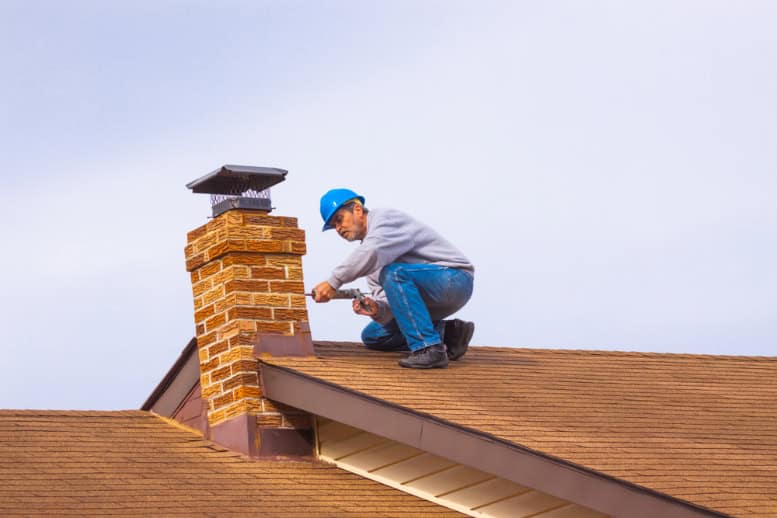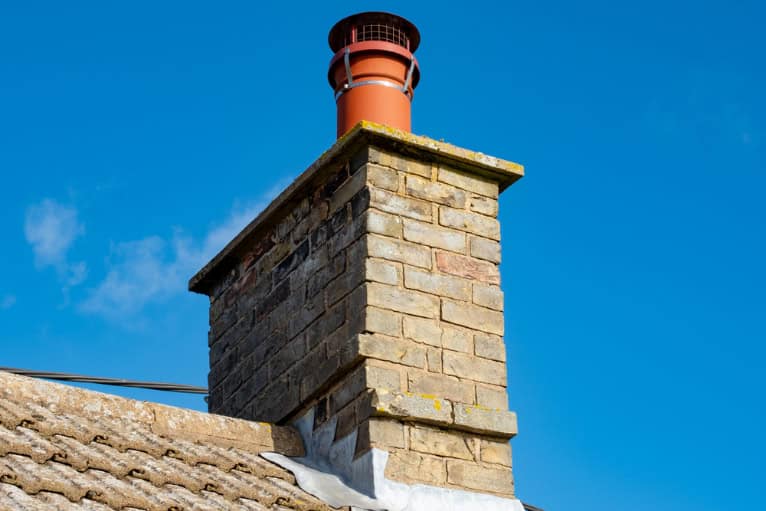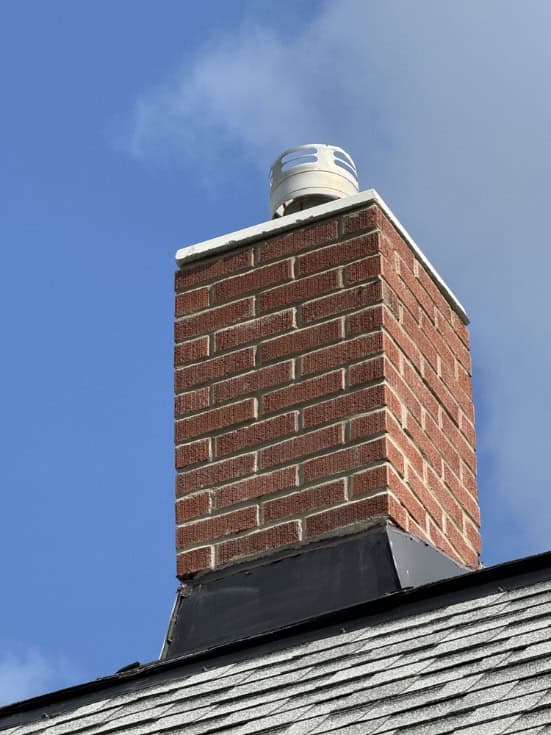Professional chimney leak repair that actually works the first time, protecting your West Greenwich home from costly water damage.

Hear from Our Customers

When your chimney stops leaking, you stop worrying about water stains creeping down your walls. No more musty smells in your living room. No more wondering if that next rainstorm will make things worse.
You get back to enjoying your fireplace instead of stressing about it. Your home’s value stays protected, and you avoid the expensive headaches that come with ignoring water problems.
The peace of mind alone is worth it. But you also save money long-term by fixing the problem right the first time, rather than paying for temporary patches that fail every few months.
Certified Chimney Inspections has been fixing chimney problems in Rhode Island since 2000. The same experienced team has been working together for over twenty years, so you’re not getting rookies learning on your dime.
Our technicians are CSI certified through the Chimney Safety Institute of America. That means we actually know what we’re looking at when we inspect your chimney, and we know how to fix it properly.
This isn’t a side business or seasonal work for us. We’ve been serving West Greenwich and surrounding areas full-time for decades, building our reputation one satisfied customer at a time.

First, we inspect your entire chimney system to find where water is actually getting in. Most leaks aren’t where you think they are, so this step matters more than you might realize.
Next, we explain what we found and what needs to be fixed. No surprises, no upselling, just straight talk about what’s wrong and what it takes to fix it right.
Then we handle the repair work using proper materials and techniques that last. Whether it’s flashing around your chimney base, cracks in the crown, or problems with the brick itself, we fix the root cause instead of just treating symptoms.
You get a clear timeline upfront, and we clean up completely when we’re done. Most importantly, you get a repair that actually stops the leak instead of just slowing it down.

Ready to get started?
Your chimney leak repair includes a thorough inspection to identify all water entry points, not just the obvious ones. Many contractors miss secondary issues that cause problems later.
You get proper flashing repair or replacement using materials designed for Rhode Island’s coastal weather. The freeze-thaw cycles here are brutal on cheap materials, so we use components that can handle the climate.
Crown repairs, brick repointing, and chimney cap installation are handled the same day when needed. No waiting weeks for follow-up appointments or coordinating multiple contractors.
We also provide a clear explanation of what caused the leak in the first place, so you understand how to prevent similar problems in the future. Knowledge is part of the service.
